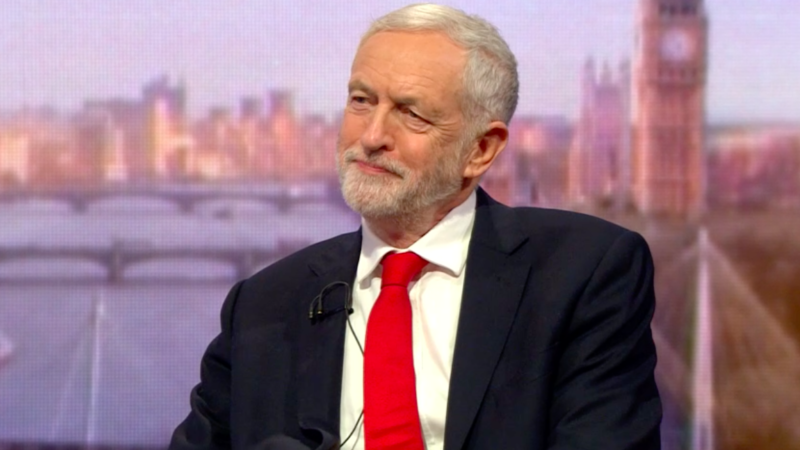
Campaigners for another EU referendum have been given much cause for excitement over the last 24 hours. First, Barry Gardiner told BBC Leeds that Labour would support a public vote if there were a motion for it. But, ever the maverick, the frontbencher had to rein it back in and a spokesperson soon corrected the record to confirm: “Whipping arrangements in the coming days and weeks will be decided in the usual way.” So that was Gardiner overselling, not that moment long-awaited by ‘PV’ campaigners – although it did reveal that he’d be willing to back such a position as a shadow cabinet member, despite having repeatedly indicated that he finds the idea disagreeable.
Cue more excitement last night when Labour tabled its amendment to the government’s new ‘neutral terms’ Brexit motion (published ahead of the so-called ‘Plan B’ that MPs will vote on next week). The change would see the Commons vote on ’no deal’-preventing options, including Corbyn’s alternative Brexit plan and legislating for a public vote on a deal approved by MPs. Ben Bradshaw was pleased and David Lammy praised the “big step forward”. Chris Leslie, however, slammed the continued “prevarication”. Why? Because the amendment does not call for a fresh public vote, but merely a vote for MPs on a public vote. As Rebecca Long-Bailey clarified on Today this morning: “It’s not stating that the party supports a second referendum.”
What’s more is that Labour’s proposal, while consistent with the party policy adopted at conference, has no chance of getting anywhere. Tory Remainers such as Anna Soubry won’t be backing it, so the amendment won’t pass if selected. Some are even saying that it’s being tabled early by Labour in order to kill off the idea. There has been a persistent theory that, by putting off the decision of whether to back PV until the last moment, the leadership could accidentally strike at the time it’s most likely to pass. But today only around 10 Tories and 88 Labour MPs have come out in favour. If MPs did vote on the idea now, feeble numbers could effectively rule it out as an option.
Cross-party backbencher amendments are where the real action is happening. In her statement yesterday, the Prime Minister vowed to be more “flexible, open and inclusive” when engaging with parliament, plus commit to the “strongest possible protections on workers’ rights” etc (à la ‘inbetweeners’ amendment), and solve the Irish border problem. The next steps of the Brexit process will be determined by whether Theresa May manages to pull that off – winning back the DUP, lots of Tories and a few flexible Labour MPs – or she loses control, handing it over to backbenchers such as Yvette Cooper and Dominic Grieve.
Sienna @siennamarla
Sign up to LabourList’s morning email for everything Labour, every weekday morning.



More from LabourList
‘Labour’s quiet quest for democratic renewal’
‘Labour promised to make work pay. Now it must deliver for young people’
‘Council Tax shouldn’t punish those who have the least or those we owe the most’